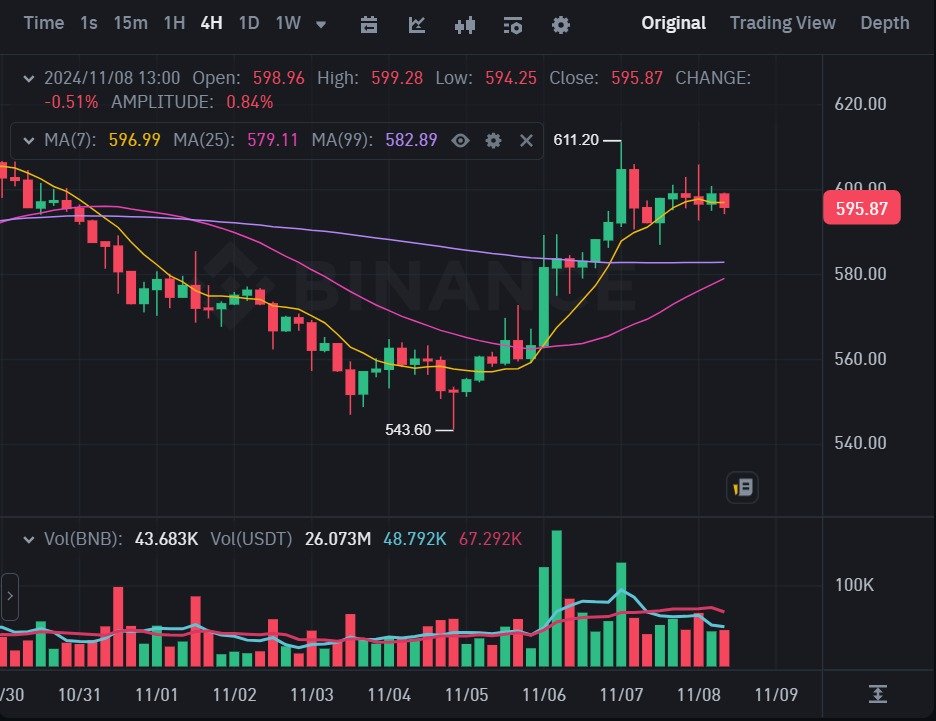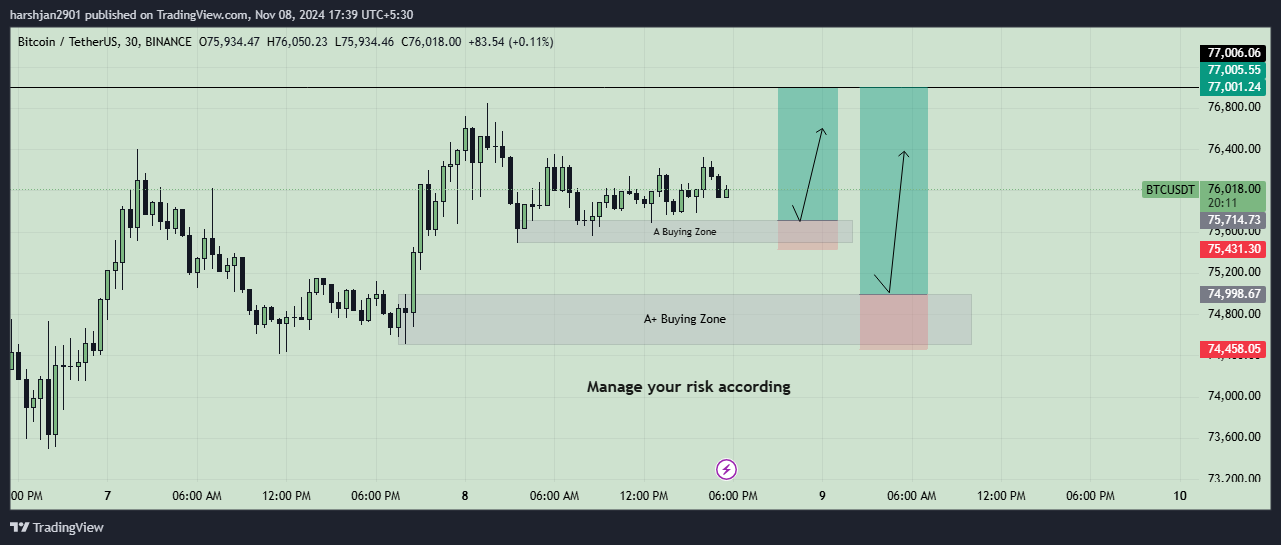The world of cryptocurrency is vast and diverse, with many different players and participants contributing to its growth and evolution. If you’ve ever wondered who is behind crypto or who plays key roles in the ecosystem, here’s a breakdown of the main players involved:
1. Satoshi Nakamoto – The Mysterious Creator of Bitcoin
The most famous figure in crypto history is Satoshi Nakamoto, the pseudonymous person (or group of people) who created Bitcoin. In 2008, Nakamoto released the Bitcoin whitepaper, outlining a decentralized, peer-to-peer digital currency that would operate without the need for intermediaries like banks.
- Bitcoin Launch: In 2009, Nakamoto mined the genesis block (the first block on the Bitcoin blockchain), effectively launching the cryptocurrency revolution. To this day, Nakamoto’s true identity remains a mystery.
- Impact: Bitcoin’s success led to the development of thousands of other cryptocurrencies and established the foundation for the entire crypto ecosystem.
2. Crypto Developers & Founders
Cryptocurrency developers and founders are the individuals or teams behind the creation of new blockchain projects and cryptocurrencies. Some of the most well-known crypto founders include:
- Vitalik Buterin: The creator of Ethereum, Vitalik Buterin is one of the most influential figures in the crypto space. Ethereum introduced the concept of smart contracts, enabling decentralized applications (dApps) and fostering the rise of decentralized finance (DeFi) and non-fungible tokens (NFTs).
- Charlie Lee: The creator of Litecoin, one of the first Bitcoin forks, Charlie Lee is known for his work in creating faster and more scalable alternatives to Bitcoin.
- Brad Garlinghouse: As the CEO of Ripple, Garlinghouse has been instrumental in the development of XRP, a digital currency aimed at transforming global payments and cross-border transactions.
- Changpeng Zhao (CZ): The founder and CEO of Binance, one of the largest cryptocurrency exchanges in the world. Zhao has been crucial in making crypto accessible to millions globally through Binance’s platform.
3. Crypto Miners
Crypto miners play a crucial role in securing and maintaining the blockchain networks of various cryptocurrencies, including Bitcoin and Ethereum (although Ethereum is transitioning from proof-of-work to proof-of-stake). Miners use powerful computers to solve complex mathematical puzzles in order to validate transactions and add them to the blockchain.
- Proof-of-Work (PoW): This is the mining model used by Bitcoin and other cryptocurrencies. It requires significant computational resources, leading to high energy consumption.
- Mining Pools: Because mining can be resource-intensive, many miners join mining pools to combine their computing power and increase the chances of earning rewards.
4. Crypto Investors & Traders
Investors and traders are crucial participants in the crypto market, buying and selling cryptocurrencies for profit, long-term investment, or use in real-world applications.
- Retail Investors: These are individual investors who buy and hold cryptocurrencies as part of their personal portfolios. Many are attracted to crypto for its potential high returns, though it also comes with significant risks due to its volatility.
- Institutional Investors: In recent years, institutional investors, such as hedge funds, family offices, and publicly traded companies, have entered the crypto market. Their involvement has brought more legitimacy to the space and increased institutional capital flow into cryptocurrencies.
- Traders: Crypto traders engage in short-term buying and selling of digital currencies to capitalize on market fluctuations. Day trading, swing trading, and bot trading are common strategies used to profit from crypto’s volatility.
5. Crypto Exchanges
Cryptocurrency exchanges are platforms where users can buy, sell, and trade cryptocurrencies. Some of the largest and most popular exchanges include:
- Binance: The world’s largest cryptocurrency exchange by trading volume. Binance allows users to trade a wide variety of cryptocurrencies, including Bitcoin, Ethereum, and many altcoins.
- Coinbase: A beginner-friendly exchange based in the U.S., known for its user-friendly interface and regulatory compliance.
- Kraken: Another major exchange offering a range of cryptocurrencies, Kraken is known for its robust security features.
- FTX (formerly): FTX was one of the biggest exchanges before its collapse in late 2022 due to alleged fraud and mismanagement, highlighting the risks associated with crypto exchanges.
6. Regulators and Governments
Governments and regulatory bodies play an essential role in shaping the landscape of crypto. Their regulations determine the legality and operational rules for cryptocurrencies in various countries.
- Securities and Exchange Commission (SEC): The SEC in the U.S. plays a significant role in regulating cryptocurrencies as securities. The SEC has been involved in cases involving initial coin offerings (ICOs) and other crypto-related projects to ensure compliance with securities laws.
- Global Governments: Many countries are still figuring out how to regulate crypto. Some, like China, have imposed outright bans on cryptocurrency trading and mining. Others, like El Salvador, have adopted Bitcoin as legal tender.
7. Crypto Enthusiasts and Communities
The crypto community is diverse, with developers, investors, enthusiasts, and users all engaging with cryptocurrencies in various ways. Communities on Reddit, Twitter, Telegram, and Discord play a big role in spreading information, building support for new projects, and influencing market sentiment.
- Influencers and Thought Leaders: Prominent figures like Elon Musk, Michael Saylor, and Jack Dorsey have made headlines for their support of Bitcoin and other cryptocurrencies, which can sometimes drive large price movements.
- Decentralized Autonomous Organizations (DAOs): DAOs are communities governed by token holders, who make decisions through a decentralized voting process. They are key in the growing trend of decentralized finance (DeFi) and governance.
8. Crypto Service Providers
Apart from exchanges, several companies and platforms offer a range of crypto services, such as crypto wallets, payment gateways, staking services, and custodial solutions. These service providers help with the adoption and use of cryptocurrencies in everyday life.
- Crypto Wallets: These digital wallets allow users to store and manage their crypto assets. There are two types of wallets: hot wallets (online) and cold wallets (offline).
- Staking and Yield Farming: Platforms like Coinbase and Kraken offer users the ability to stake their cryptocurrencies to earn rewards. These services have made it easier for users to generate passive income from their crypto holdings.
Conclusion: Who is Crypto For?
Crypto has expanded far beyond just early adopters and tech enthusiasts. Today, it attracts developers, investors, traders, regulators, and enthusiasts who all contribute to its evolving ecosystem. Whether you are an investor looking for long-term growth, a developer working on decentralized applications, or someone interested in mining or staking, there is a place for you in the world of crypto.
At Lumina Lore, we provide expert guidance for both new and experienced investors who want to dive into the crypto market. From copy trading to advanced strategies, we help clients navigate this fast-paced industry with ease and confidence. Contact us today to explore tailored crypto investment strategies that fit your needs.



